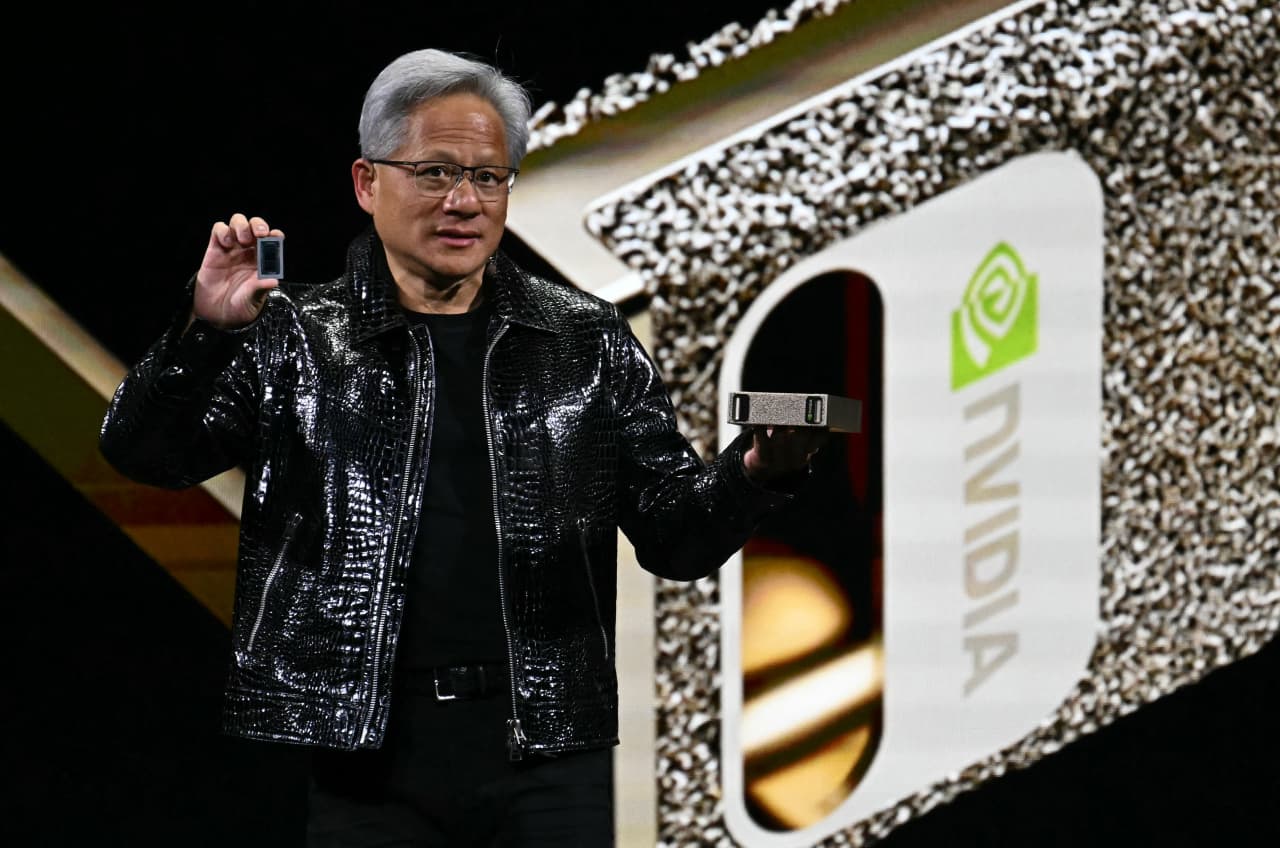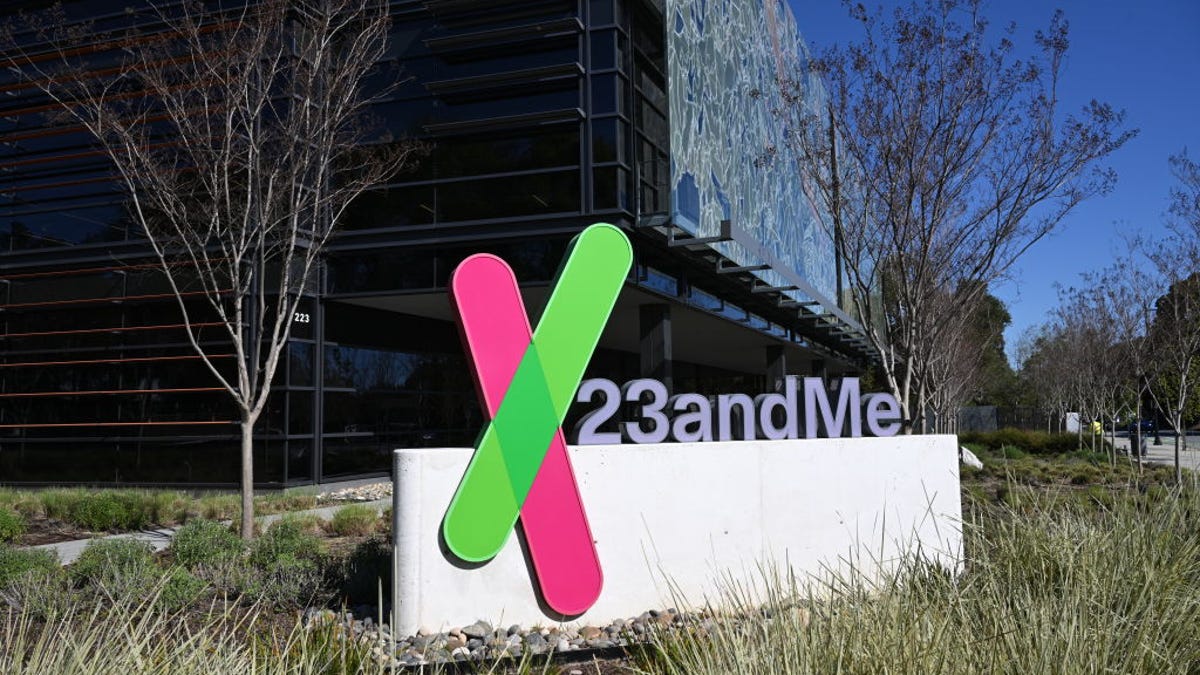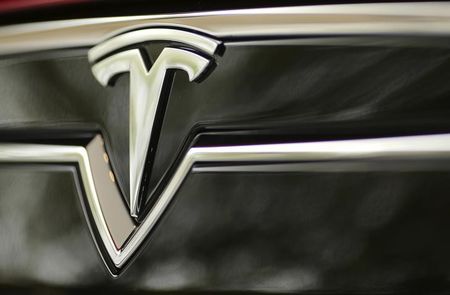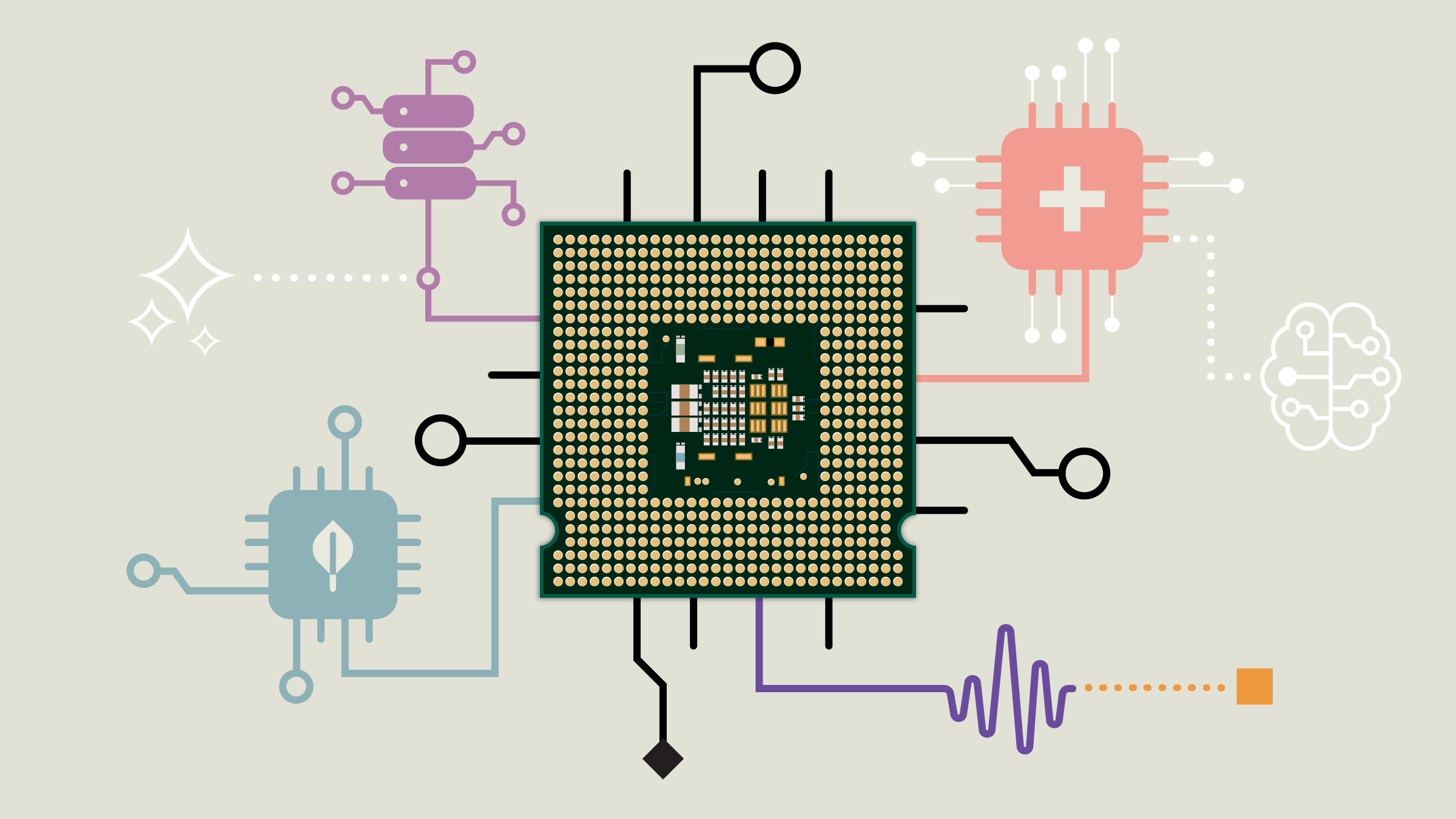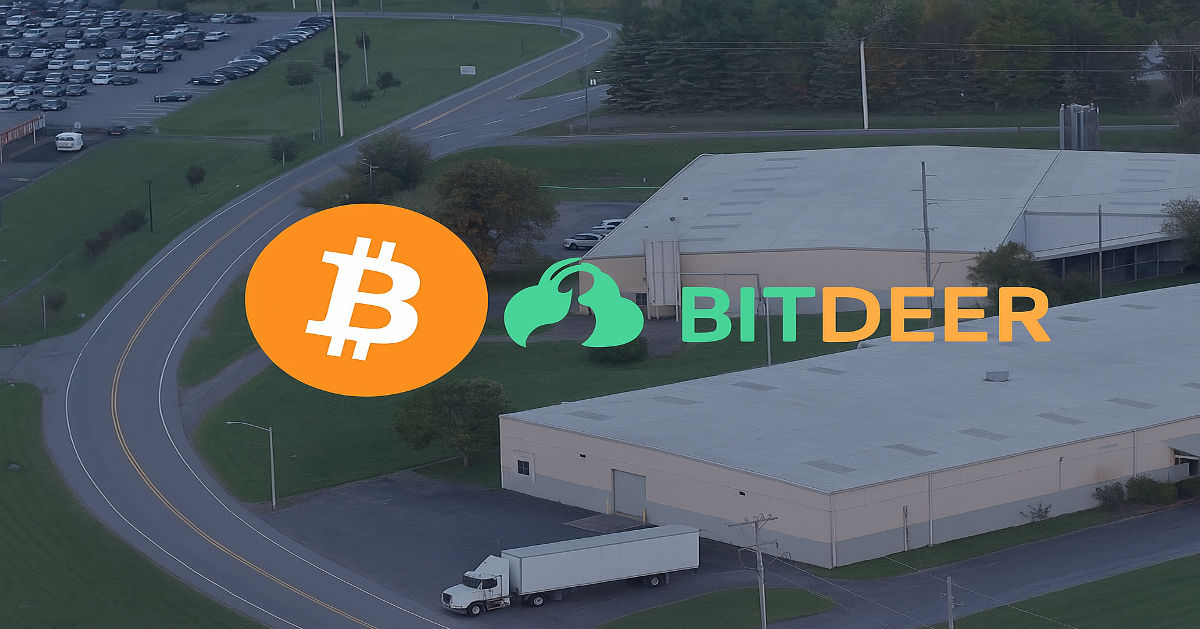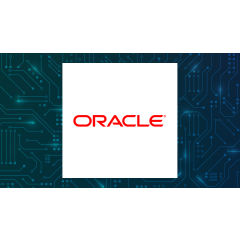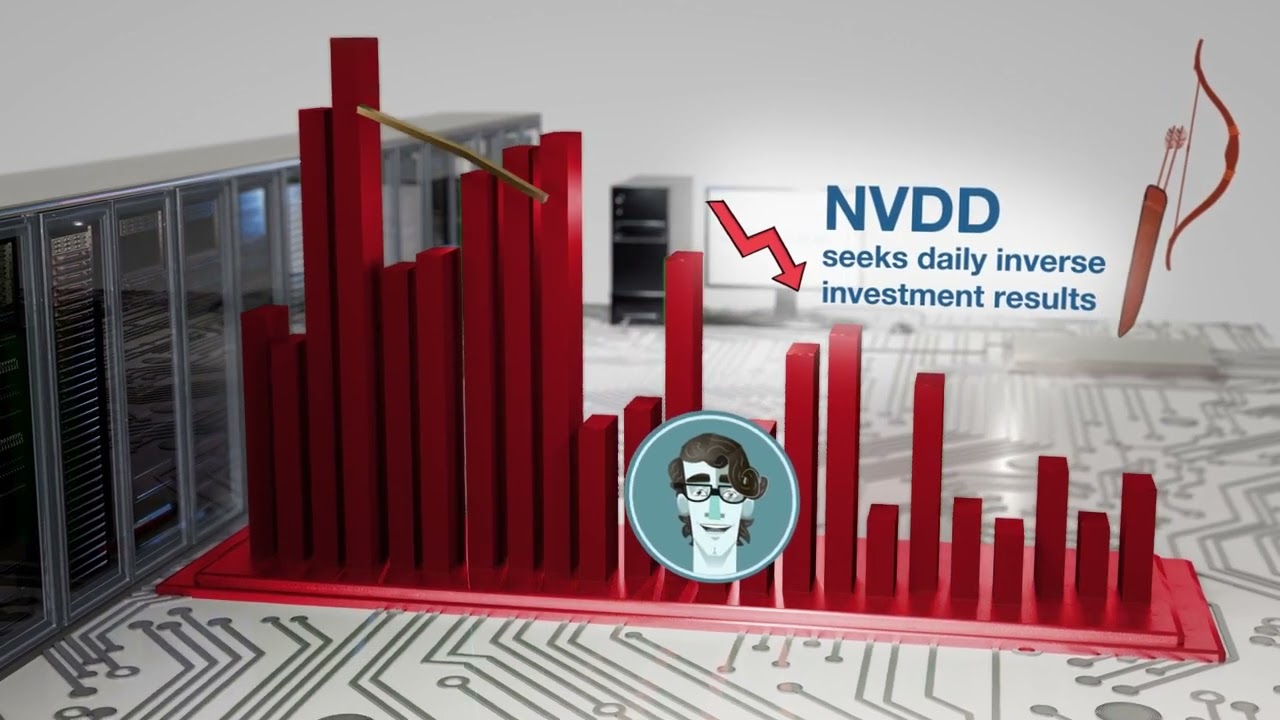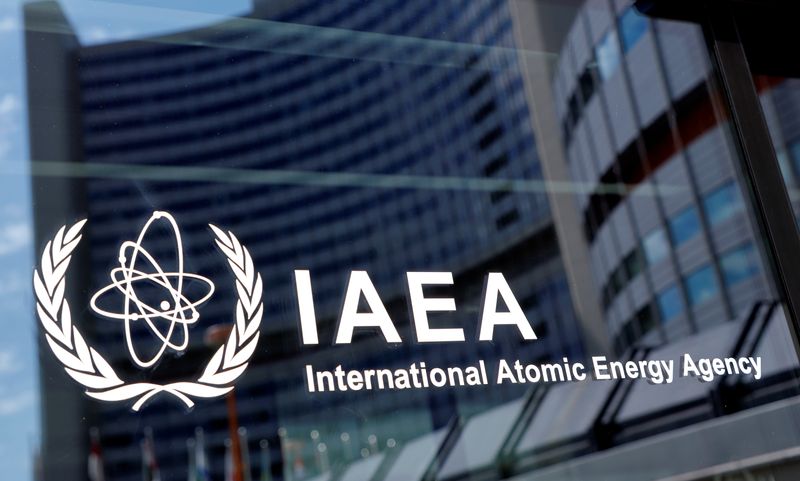Nvidia's latest project may supercharge quantum computing
The company's focus has been increasingly shifting to supercomputers.
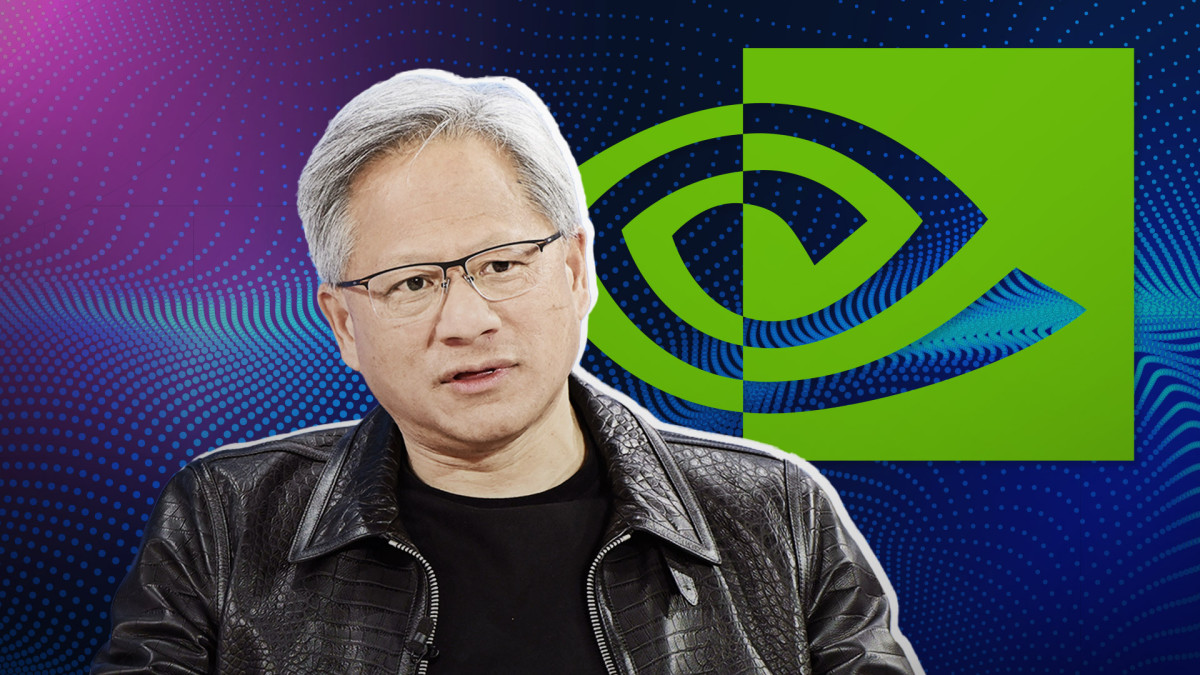
My first graphics card with an Nvidia (NVDA) chip was Elsa Erazor III, powered by Riva TNT 2, back in 1999. If you will, God or the universe has a special sense of humor.
Since then, the company's roots in making graphics cards for gaming—or, as I suspect most people would see it, wasting time—have allowed it to morph into the backbone of artificial intelligence and scientific computing. (Of course, gaming wasn't a waste of time for me. I've learned a lot and became an "IT" guy because of it.)
Gaming is still a big business for Nvidia, but it is not nearly as crucial to the company as it was in the past.
In its Q1 fiscal 2026 earnings release, Nvidia reported gaming revenue of a record $3.8 billion, up 48% from the previous quarter and 42% from a year ago. However, that is less than 9% of the company's total revenue of $44.1 billion.
Related: Elon Musk's DOGE made huge mistakes with veterans' programs
Nvidia grew out of gaming, for the better, just like me. I doubt the company's all done growing.
The company recently announced it is building a supercomputer in partnership with Dell for NERSC, a U.S. Department of Energy user facility. It also addressed key issues investors had regarding China restrictions, supply chain capabilities, and the AI regulations.
Nvidia's founder and CEO Jensen Huang, is always looking for new business opportunities, and many of them are outside America. Getty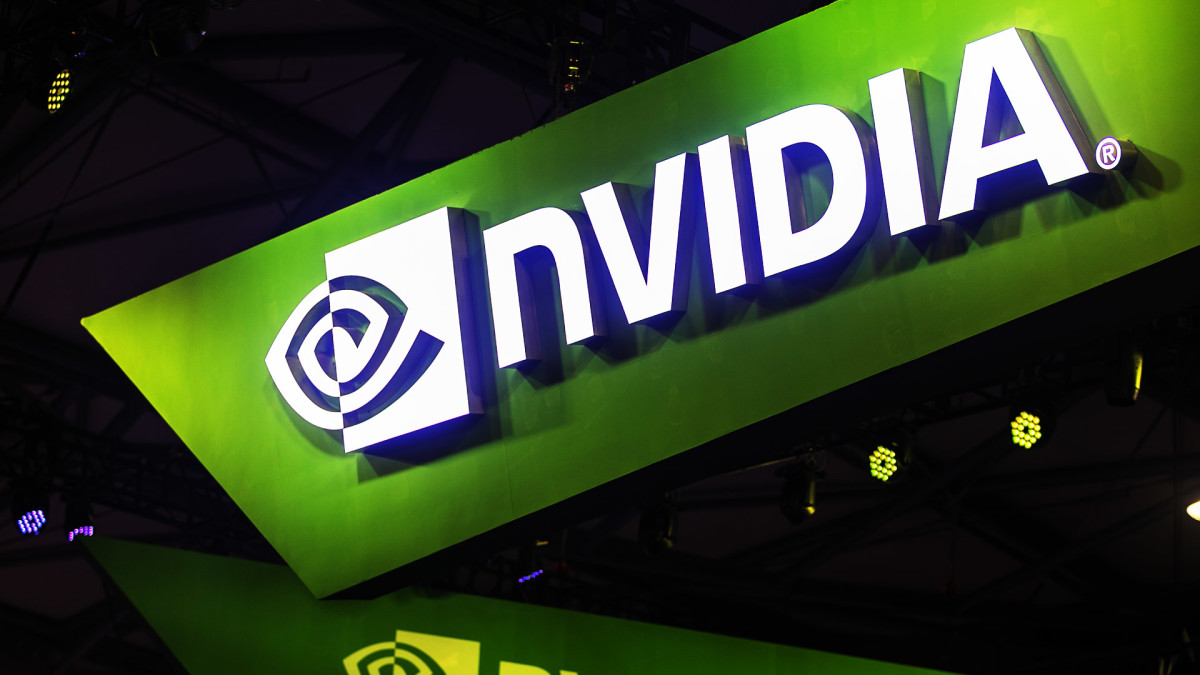
Nvidia opens London Tech Week with big news
NVIDIA, announced on June 9th on its blog, that Huang joined the U.K. Prime Minister Sir Keir Starmer to open London Tech Week.
“I make this prediction – because of AI, every industry in the UK will be a tech industry. The U.K. has one of the richest AI communities of anywhere on the planet, the deepest thinkers, the best universities, and the third largest AI capital investment of anywhere in the world,” said Huang.
“So the ability to build these AI supercomputers here in the U.K. will naturally attract more startups, it will naturally enable the rich ecosystem of researchers here to do their life’s work,”
Related: Amazon's latest big bet may flop
Huang also revealed that Nvidia will start an AI lab in the UK.
The U.K. will invest approximately £1 billion in AI research compute by 2030, with investments commencing this year, wrote Nvidia on its blog.
In December 2024, Hewlett-Packard Enterprise announced that it is building a liquid-cooled supercomputer at Germany’s Leibniz Supercomputing Centre, LRZ, but it didn't reveal which Nvidia chips will power the "Blue Lion."
More Nvidia:
- Analysts issue rare warning on Nvidia stock before key earnings
- Analysts double price target of new AI stock backed by Nvidia
- Nvidia CEO shares blunt message on China chip sales ban
Nvidia's blog confirmed on June 10th that Vera Rubin will power the Blue Lion. The superchip combines the Rubin GPU and Vera CPU. Vera CPU is Nvidia's first custom CPU, built to work in lockstep with the GPU.
Vera Rubin's launch is set for the second half of 2026.
Nvidia powers Europe's first exascale supercomputer
Nvidia also announced that the Jupiter supercomputer, powered by the company's Grace Hopper platform, is the fastest in Europe. Compared with the next-fastest system, it is more than two times faster for high-performance computing and AI workloads.
This beast of a supercomputer is hosted by the Jülich Supercomputing Centre at the Forschungszentrum Jülich facility in Germany and is owned by the EuroHPC Joint Undertaking.
Huang stated, “AI will supercharge scientific discovery and industrial innovation. In partnership with Jülich and Eviden, we’re building Europe’s most advanced AI supercomputer to enable the leading researchers, industries and institutions to expand human knowledge, accelerate breakthroughs and drive national advancement.”
Related: Popular cloud storage service might be oversharing your data
Jupiter will soon be capable of running 1 quintillion double-precision floating-point operations per second, which will make it Europe’s first exascale supercomputer.
Its speed is essential for simulations, training, and inference of the largest AI models, climate modeling, quantum research, structural biology, computational engineering, and astrophysics. It is also very efficient, at 60 gigaflops per watt.
“Jupiter will substantially advance quantum algorithm and hardware development. Hybrid quantum HPC-computation will profit from powerful tools such as the NVIDIA CUDA-Q platform and the NVIDIA cuQuantum software development kit.” stated Kristel Michielsen, codirector of the Jülich Supercomputing Centre.
Related: Veteran fund manager reboots Palantir stock price target
























